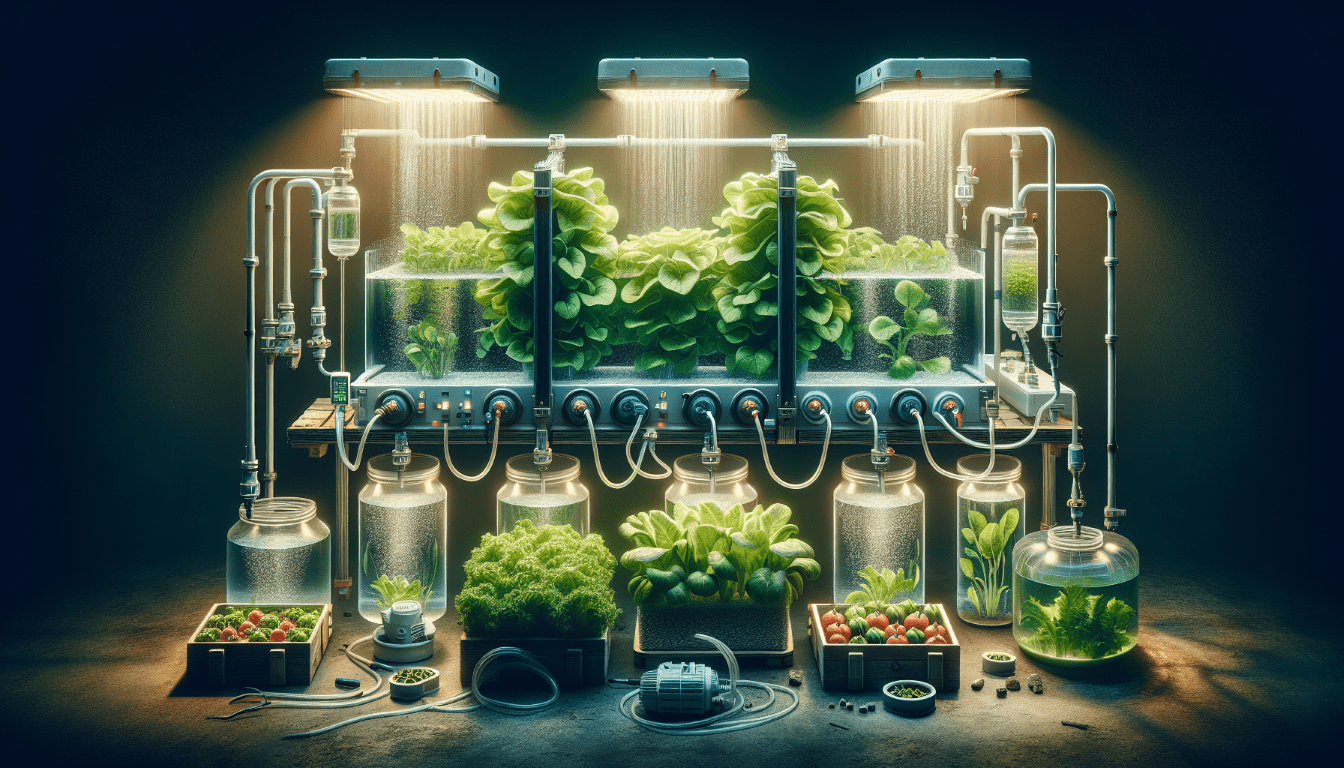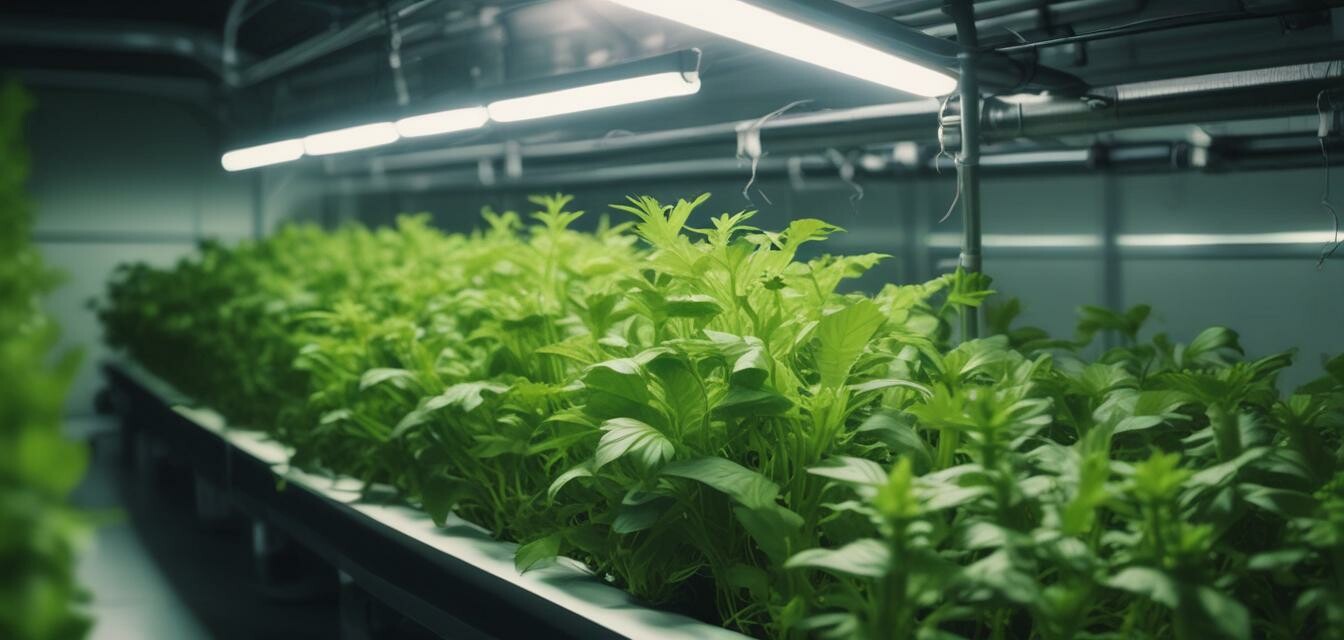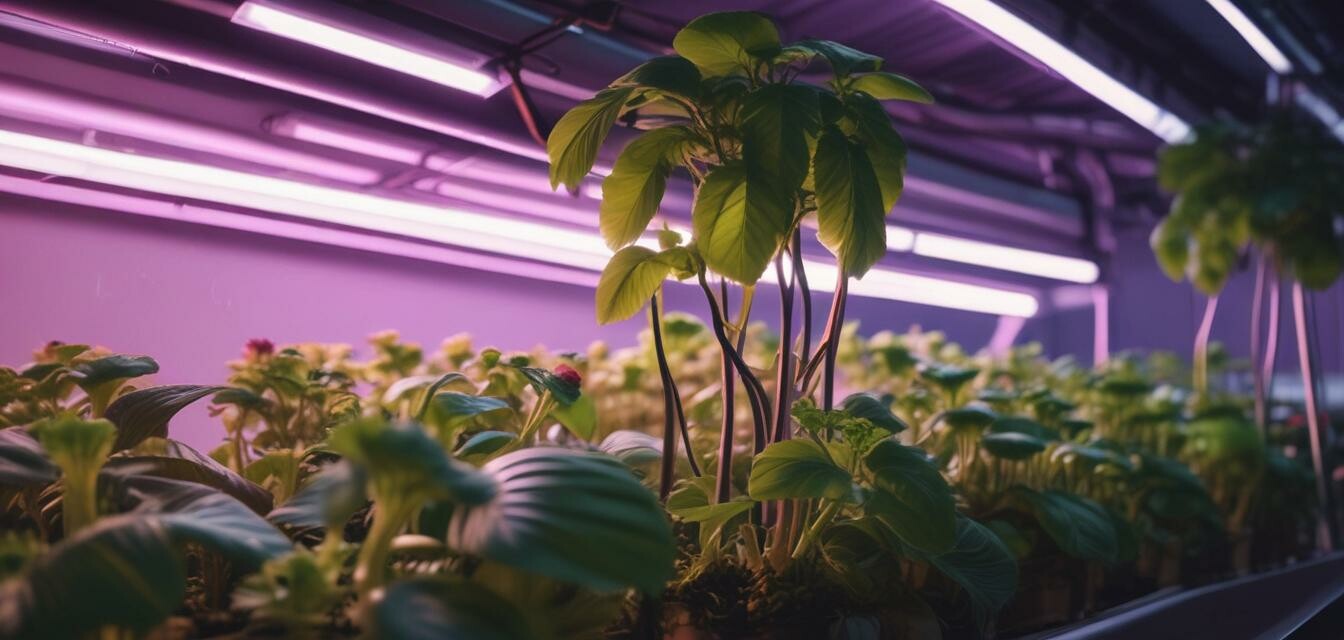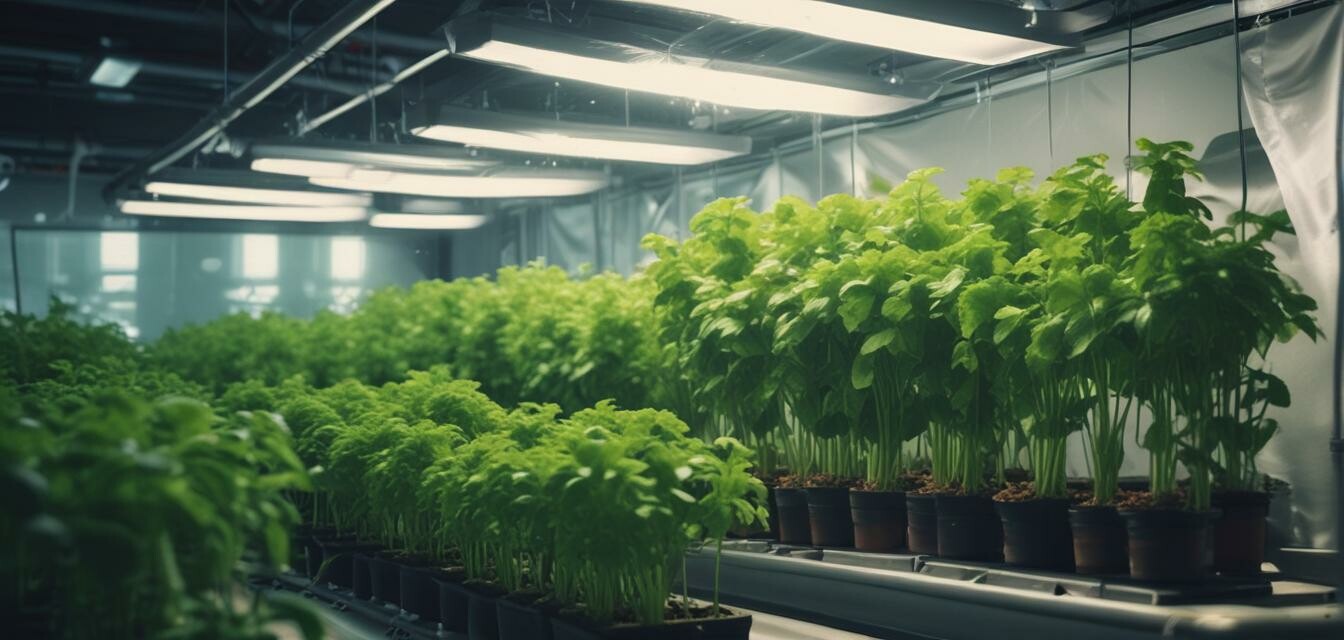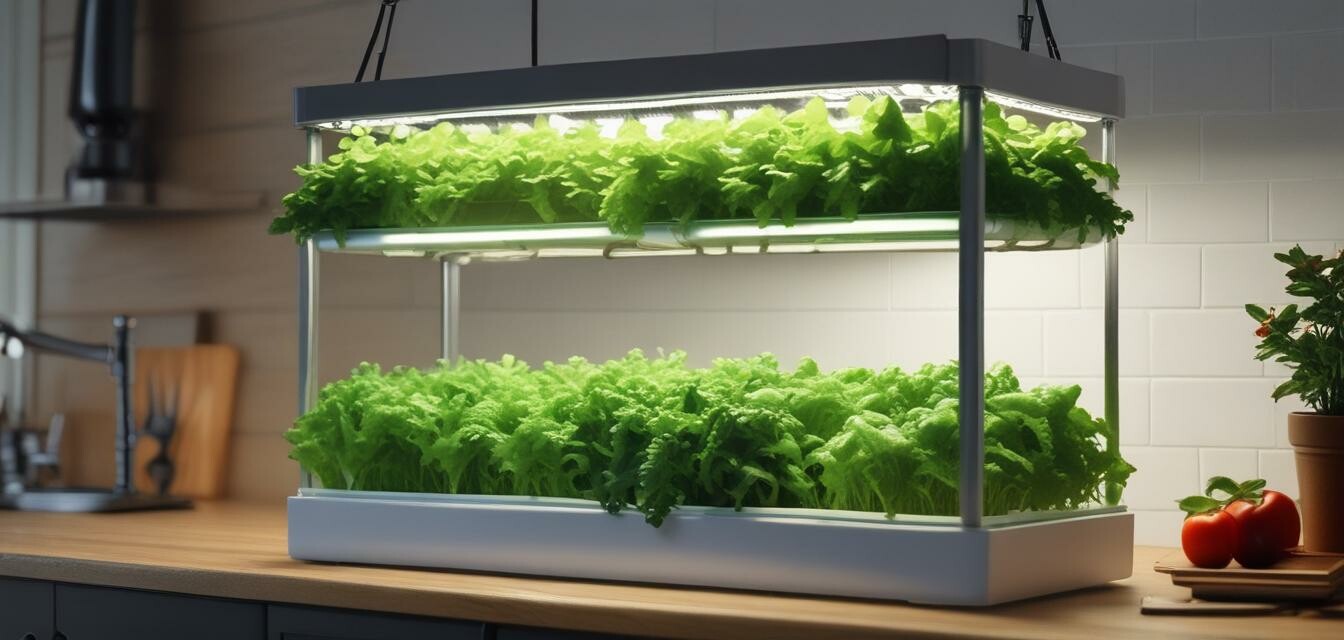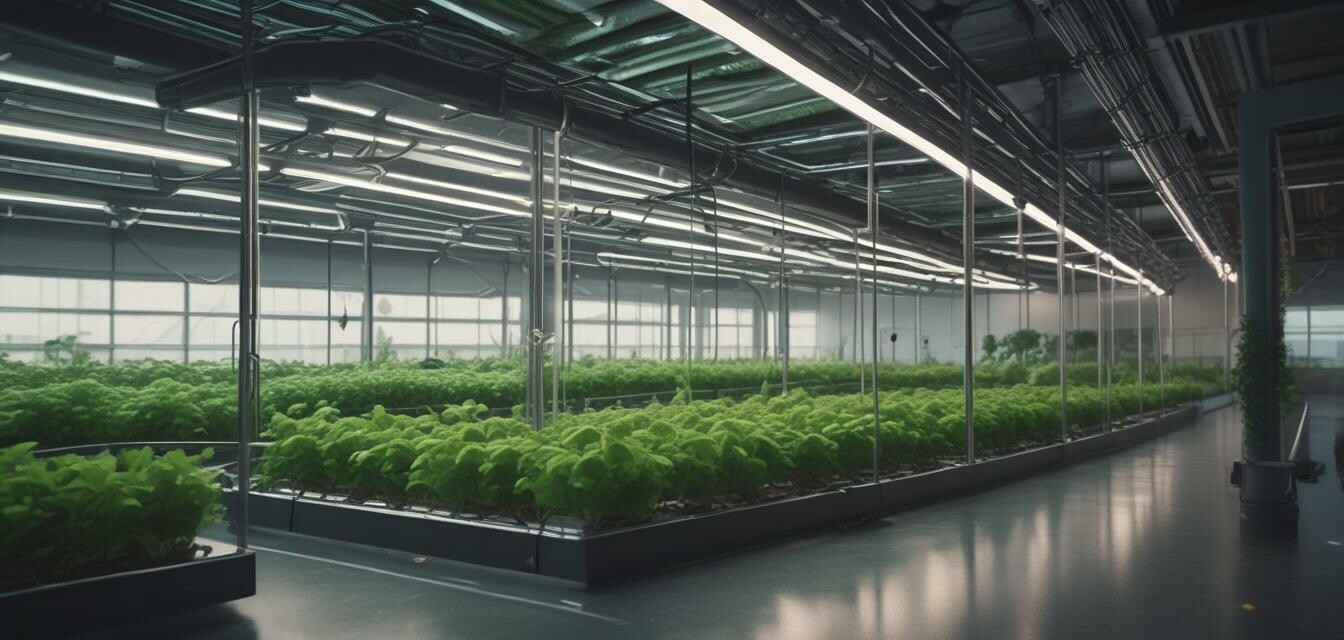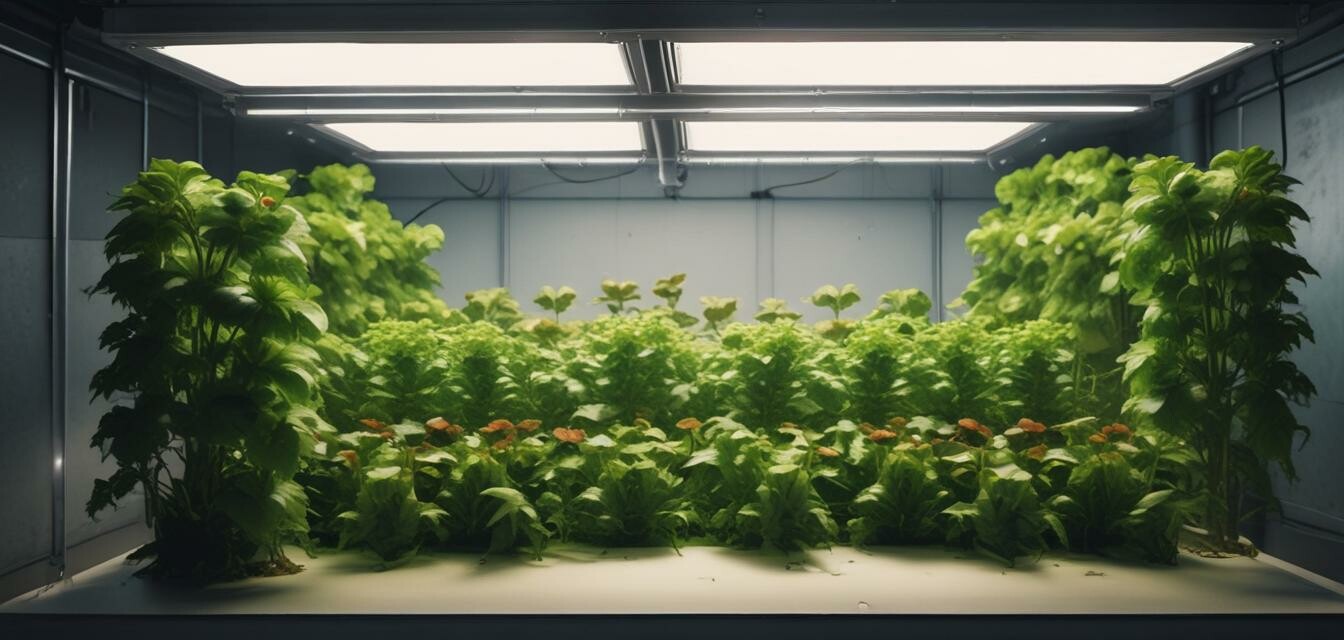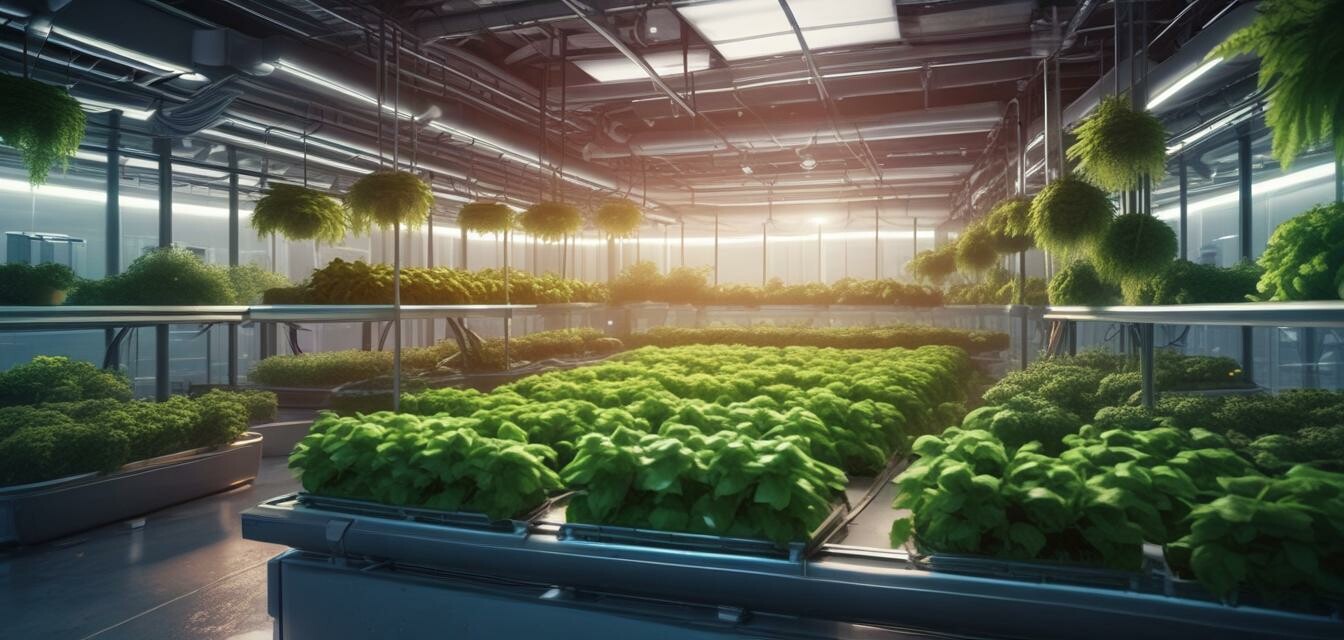
Environment Control in Hydroponics
Key Takeaways
- Maintaining optimal temperature and humidity levels is crucial for plant health.
- Using specialized equipment can automate environmental control.
- Regular monitoring helps in early detection of issues.
- Adjusting light exposure is essential for plant growth.
In the world of hydroponics, the environment where your plants grow is just as important as the nutrients they receive. Controlling the temperature, humidity, light, and airflow can significantly enhance the health and yield of your crops. This guide will help you understand the various aspects of environment control in hydroponics and how you can effectively manage them.
Why is environment control important?
A well-controlled environment can result in healthier plants and higher yields. Plants grown in indoor hydroponics face unique challenges, as they do not have the protection of natural outdoor conditions. Proper management of temperature, humidity, and lighting can mitigate stress and promote optimal growth.
Key factors in environmental control
1. Temperature
Temperature influences plant processes such as growth, nutrient uptake, and overall health. Here are some common temperature ranges:
| Plant Type | Day Temperature (°F) | Night Temperature (°F) |
|---|---|---|
| Leafy Greens | 65-70 | 60-65 |
| Herbs | 65-72 | 60-65 |
| Fruit-bearing Plants | 70-80 | 60-70 |
2. Humidity
Humidity plays a vital role in plant transpiration and nutrient uptake. Monitoring humidity levels is essential, as high or low humidity can lead to plant stress. The ideal humidity range varies by plant type:
| Plant Type | Ideal Humidity Level |
|---|---|
| Leafy Greens | 40-70% |
| Herbs | 40-60% |
| Fruit-bearing Plants | 50-70% |
3. Lighting
Light is essential for photosynthesis. Here’s how you can optimize lighting for your hydroponic garden:
- Use full-spectrum LED grow lights for best results.
- Adjust the light distance based on plant height.
- Implement a lighting schedule to mimic natural sunlight.
Environmental control equipment
There are various tools and systems available to help maintain the perfect growing environment. Some of the common environmental control equipment includes:
- Thermostats to monitor and adjust temperature.
- Hygrometers to measure humidity levels.
- Ventilation systems to improve air circulation.
- Automated lights with timers for consistent light exposure.
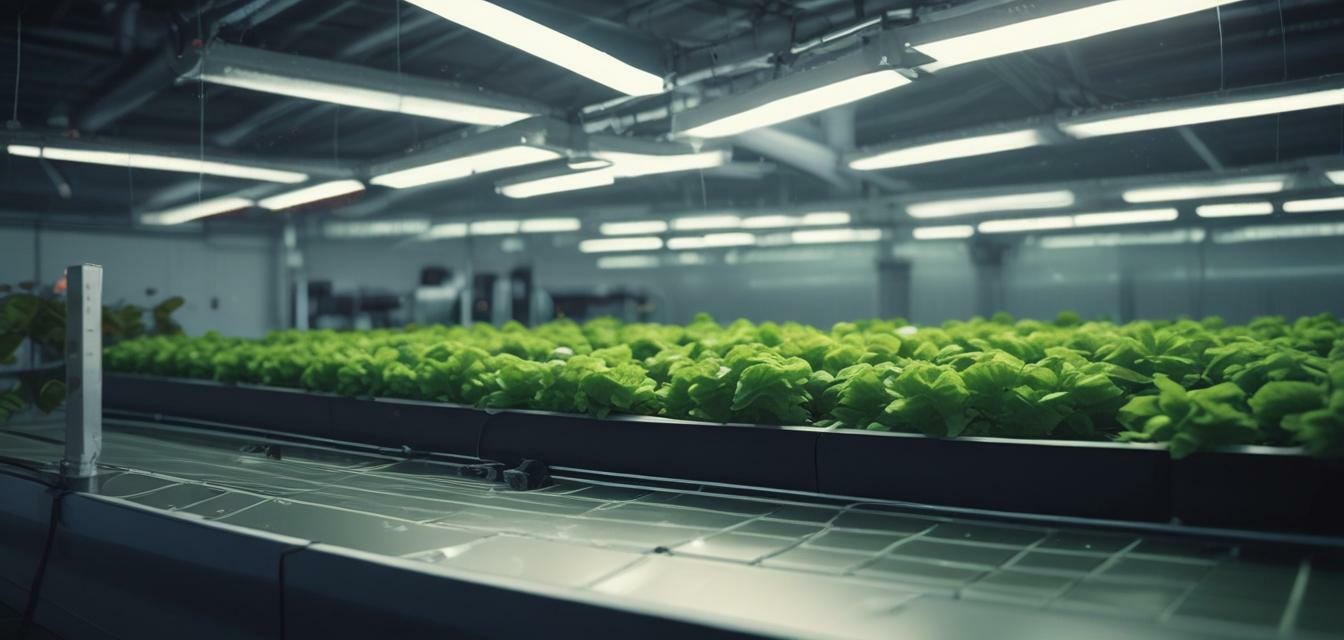
Maintaining ideal conditions
Tips for beginners
- Start with a small hydroponic setup to learn the basics of environmental control.
- Invest in quality monitoring equipment for accuracy.
- Regularly inspect your system for any signs of stress or disease.
- Document changes you make to see what works best for your plants.
Common problems and solutions
Even with the best intentions, problems can arise in a hydroponic system. Here are some common issues:
1. Temperature fluctuations
Implement insulation or adjust your HVAC system to maintain stable temperatures.
2. High humidity
Increase ventilation or use dehumidifiers to lower humidity levels.
3. Inconsistent lighting
Ensure your grow lights are working properly and set on a consistent schedule.
Conclusion
Understanding how to manage the environment in which your hydroponic plants grow is essential for a successful garden. By focusing on temperature, humidity, and lighting, you can create the optimal conditions for healthy plant growth. Regular monitoring and the use of environmental control equipment will ensure that your hydroponics system thrives.
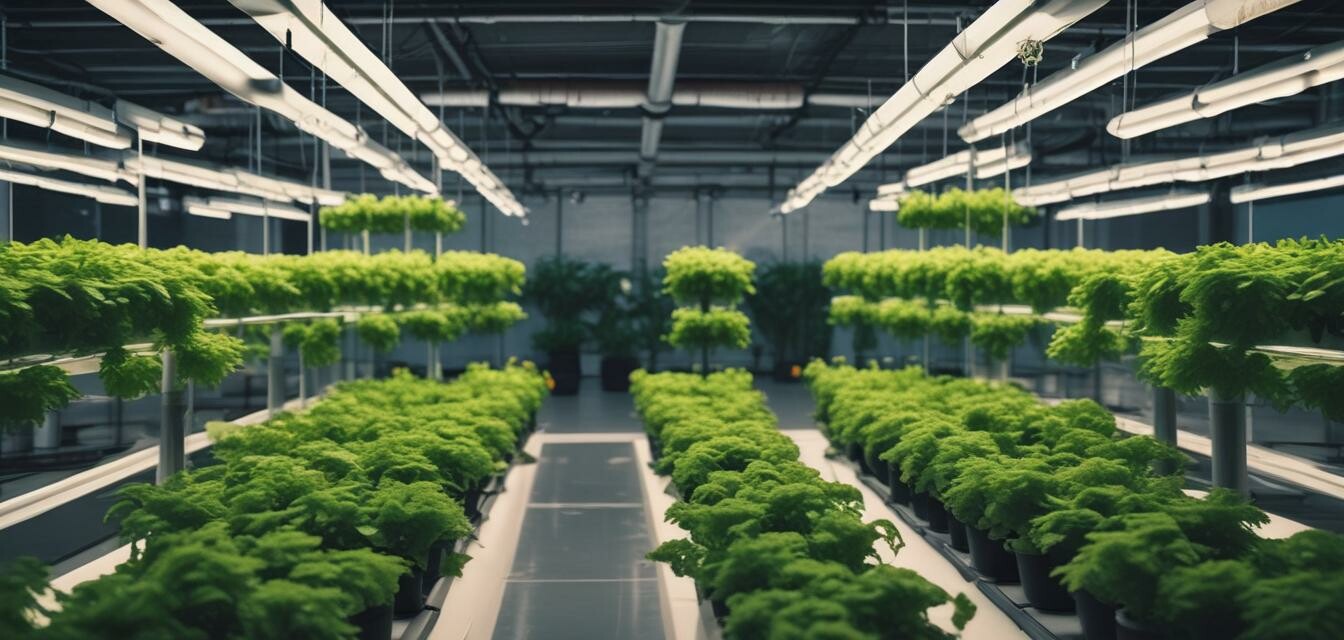
Pros
- Enhanced plant growth and yield.
- Controlled conditions lead to fewer pests.
- Year-round growing potential.
Cons
- Initial setup can be expensive.
- Requires ongoing monitoring and adjustments.
- Technical issues can disrupt growth.
For additional information on hydroponic setups, explore our countertop hydroponic kits or learn more about environmental control equipment that may assist you in creating the best environment for your plants.
Discover our range of lighting solutions for hydroponics, which can further enhance your indoor gardening experience.
Feel free to dive into our nutrient and additive solutions to complement your environmental control efforts for optimal plant health.
